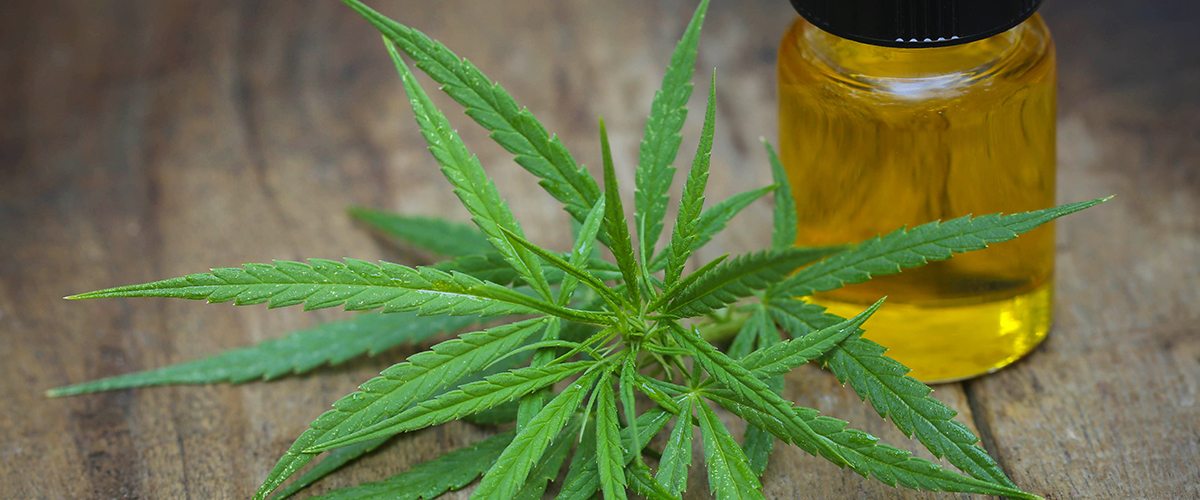[vc_row][vc_column][vc_column_text]
There’s sufficient evidence showing cannabis’ efficacy for managing multiple sclerosis symptoms, the charity argues.
Multiple sclerosis (MS) patients in the United Kingdom should be able to legally access cannabis for symptom management, the MS Society claims. The Guardian reports that the major UK-based charity organization is pushing for cannabis access via prescription, arguing that there’s enough evidence to indicate that the substance can help patients with the central nervous system disease.
“We think cannabis should be legalized for medicinal use for people with MS to relieve their pain and muscle spasms when other treatments haven’t worked,” said Genevieve Edwards, the MS Society’s director of external affairs.
“The level of clinical evidence to support cannabis’s use for medicinal purposes is not conclusive. But there is sufficient evidence for our medical advisors to say that on the balance of probability, cannabis could benefit many people with MS experiencing pain and muscle spasms.”
MS is an often-disabling autoimmune disorder of the central nervous system that causes the destruction of the insulating sheath that covers nerve fibers. It’s characterized by a disruption in the communication between your brain and the rest of your body. Common symptoms of the disorder include fatigue, pain, numbness, muscle spasms, weakness, vision problems, dizziness, depression, bladder and bowel difficulties, and emotional and cognitive changes.
On its website, the charity organization lists findings of studies indicating cannabis’s efficacy. A study by the American Academy of Neurology in 2014 found that cannabis-based drugs helped with muscle stiffness and pain. In 2017, America’s National Academies of Sciences, Engineering and Medicine also found evidence that cannabis-based treatments helped with spasticity.
The MS Society conducted its own survey in 2014 and found that one in five people with MS use cannabis to help with symptoms, with most claiming it helped with muscle spasms or stiffness and pain. More than a quarter reportedly stopped taking it because of fear of prosecution.
In the UK, cannabis is currently a class-B drug and producing, supplying, or possessing the substance is prohibited. A cannabis-based drug is available to purchase in Wales, but at a cost of £2,000 a year.
The inability for most to legally access cannabis “has resulted in many people with MS turning to illegal forms of cannabis as an alternative. It’s simply not right that some people are being driven to break the law to relieve their pain and spasticity. It’s also really risky when you’re not sure about the quality or dosage of what you’re buying,” Edwards said.
The MS Society says that one in 10 people with MS (10,000 patients in the UK) are unable to manage their pain and spasticity with traditional medications. For those, the charity argues, cannabis should be available without patients having to fear prosecution.
“This is the strongest proof yet that the existing law on cannabis is a huge injustice that makes criminals of people whose only crime is to be in acute pain,” said Norman Lamb, the Liberal Democrats health spokesman. “This draconian law is potentially opening anything up to 10,000 MS sufferers to prosecution, and underlines with the Liberal Democrats have braved a tabloid backlash to campaign for the legalization of cannabis. It is about time the government listened to the science.”
In the U.S., 29 states have passed laws allowing cannabis for medical purposes. Of those, 15 have specifically approved it for the treatment of MS.
Learn more about what research has found on cannabis and MS by visiting our education page.[/vc_column_text][/vc_column][/vc_row]






